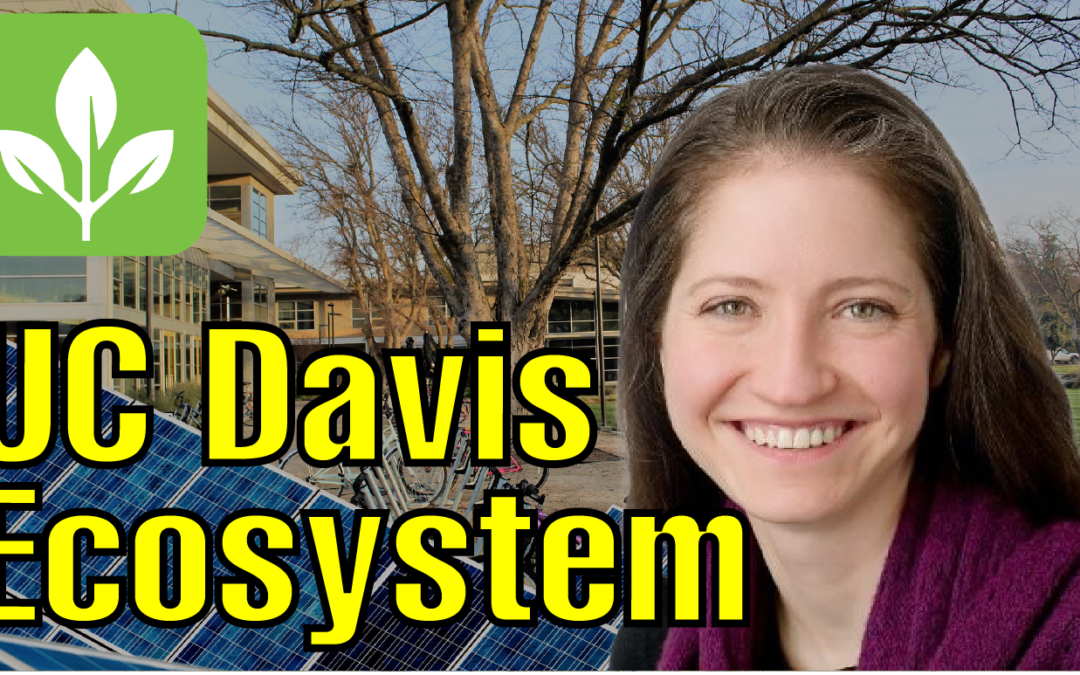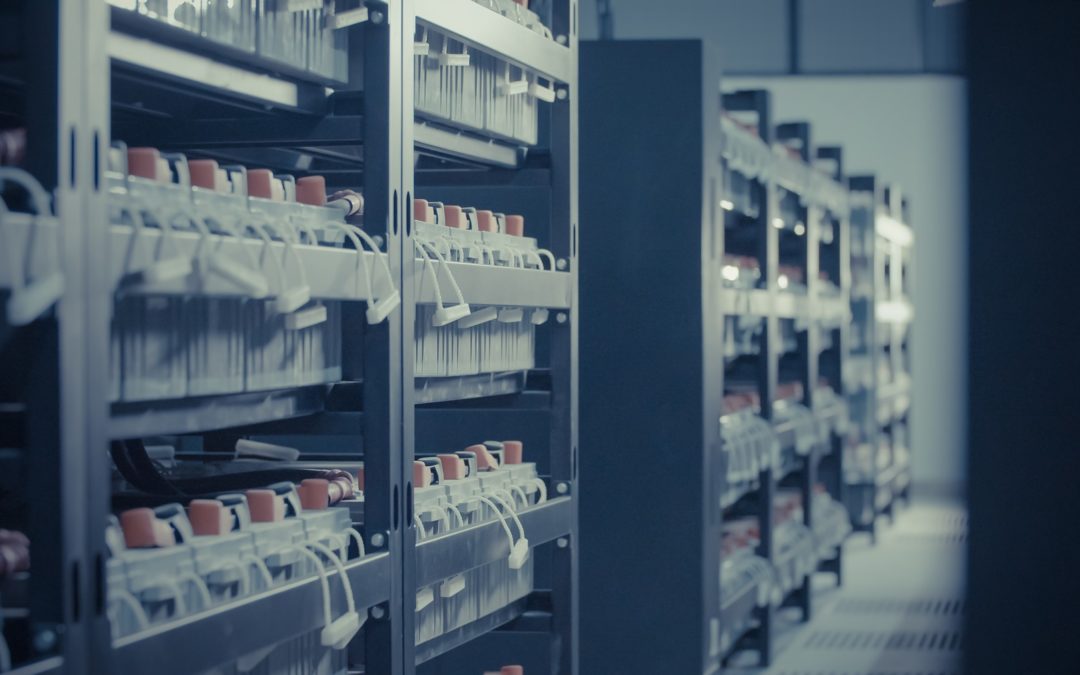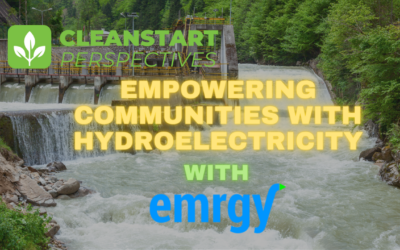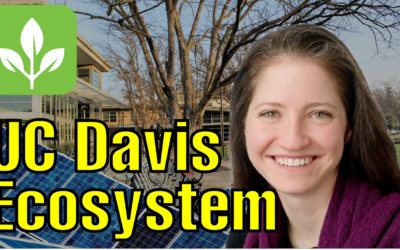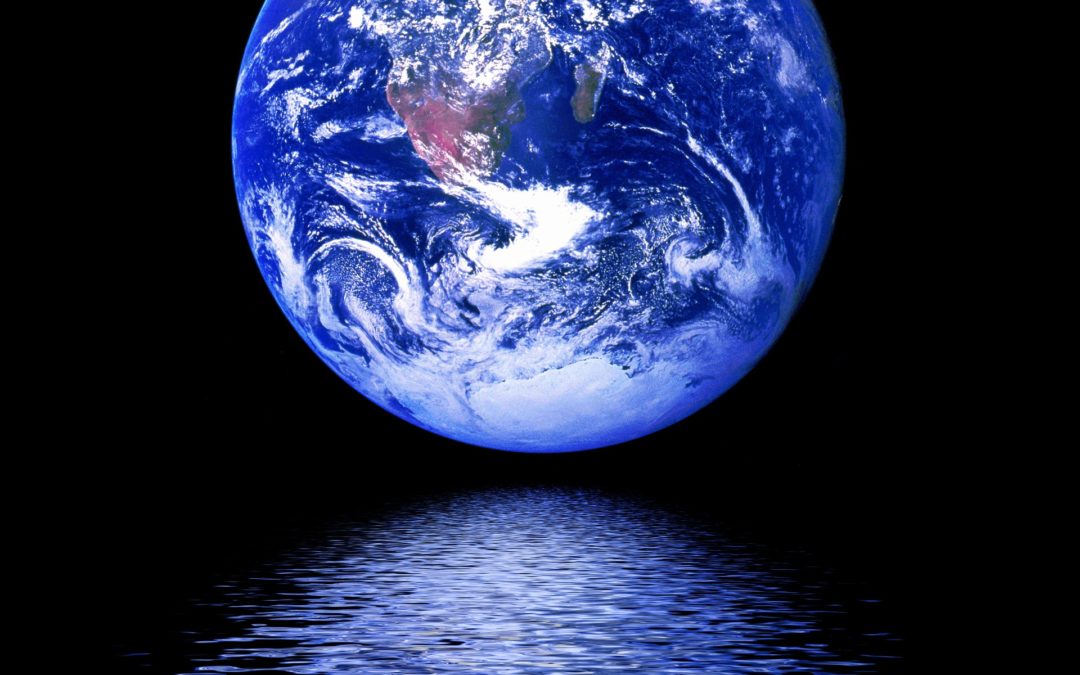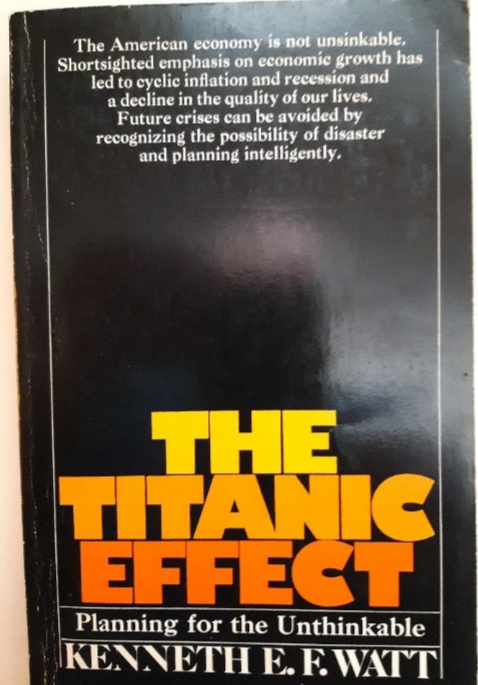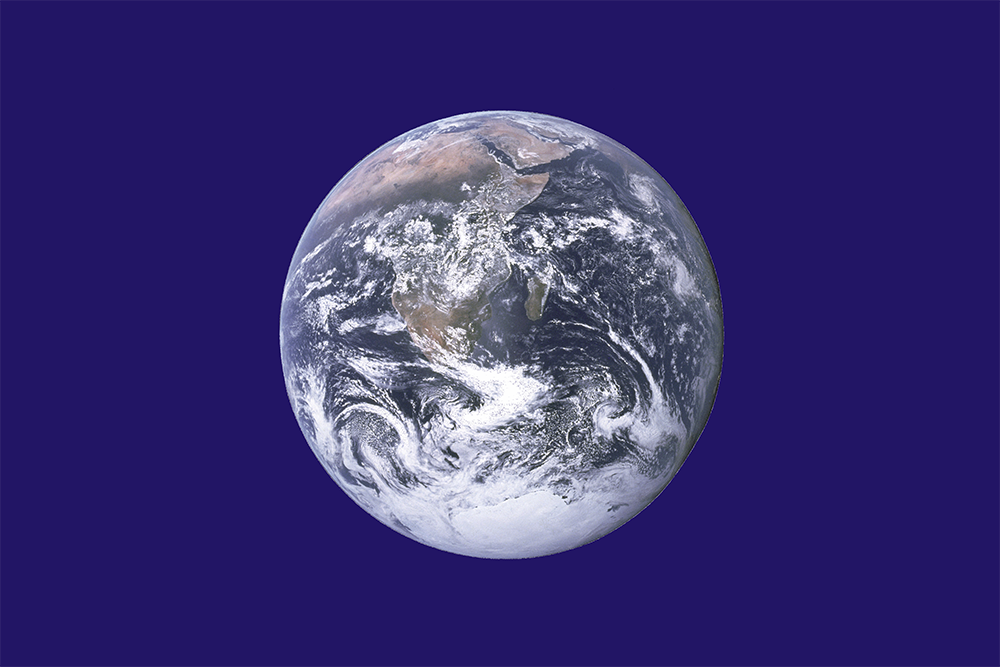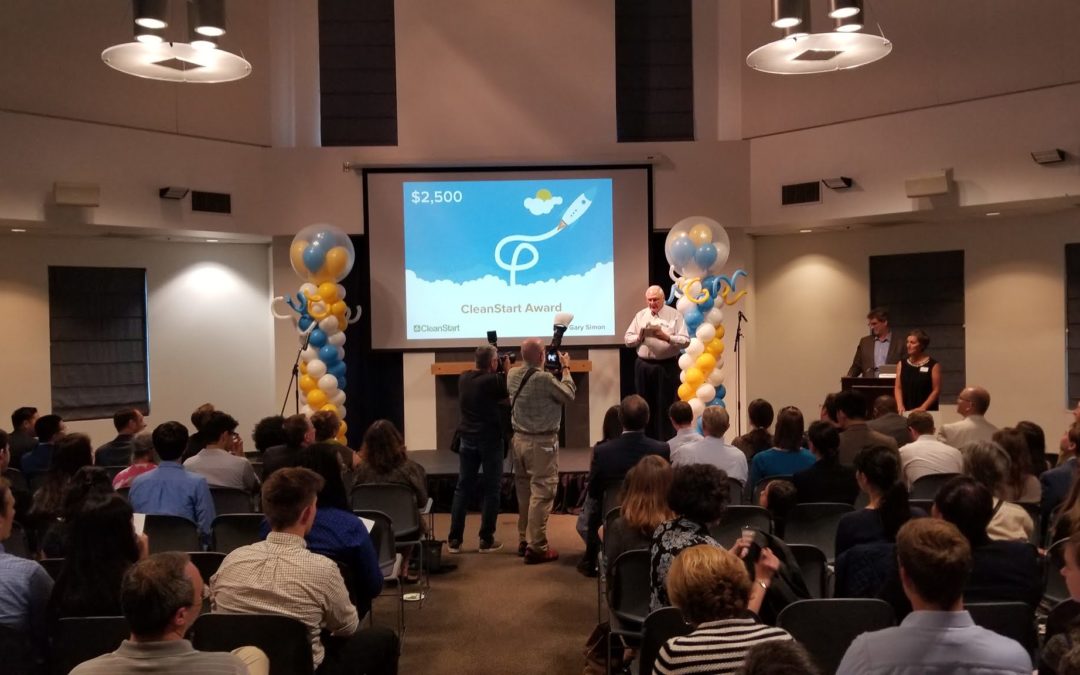Follow us!
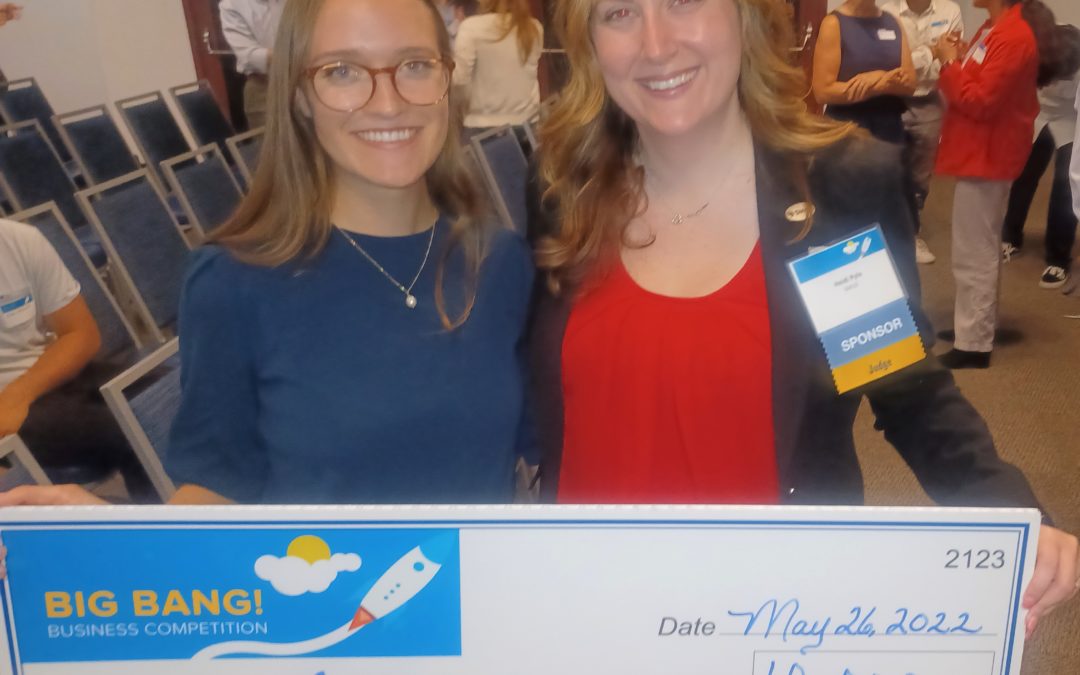
MatterCup Wins Big Bang! Sustainability Award
At the final Big Bang! event on May 26, cup recycler MatterCup walked away with $11,000 from the SMUD Energy and Sustainability Award and one of the Little Bang awards. MatterCup was also a finalist in the UC Berkeley Big Ideas competition. Congratulations to Chantal Deslauriers and Lorenz Lehmann! Their innovation is a system that uses a heavy-duty polypropylene cup that users can bring back to any participating store and get a $1 refund on their original deposit. The cup is dishwasher-safe and can be used multiple times. A smartphone app will show where the participating locations are, making the program attractive to the stores that use MatterCups because of the increased traffic. The target customer for the MatterCup system is an independent coffee shop or juice shop that wants to demonstrate a commitment to cutting waste from the 120 billion single-use cups that are thrown away each year. The store would be charged a subscription fee to use the system.
The idea was inspired by a system Chantal saw in Germany during the year she was staying there during the height of the pandemic. At Christmas Fairs there, hot chocolate was served in reusable mugs, and it sparked the question whether something similar but customized for the US market might do well. As more and more people have heard about MatterCup now, Chantal says she is hearing from more and more people that they can’t wait to try it out. A good sign.
MatterCup will be using their winnings to fund a test of their product at the UCDavis Coffee House this summer. The team believes their system will be more acceptable to customers than the more expensive travel mugs that users must wash or the compostable cups. With what they learn, they hope to be able to refine the offering and get 50 stores signed up in the first year.
We will be keeping track of the progress of MatterCup and will invite them to a future Perspectives event to hear how the demo on campus worked out, as well as their future plans.

ABOUT THE AUTHOR
Gary Simon is the Chair of CleanStart’s Board. A seasoned energy executive and entrepreneur with 45 years of experience in business, government, and non-profits.
CleanStart Sponsors
Weintraub | Tobin, BlueTech Valley, Revrnt,
Moss Adams, PowerSoft.biz, Greenberg Traurig


